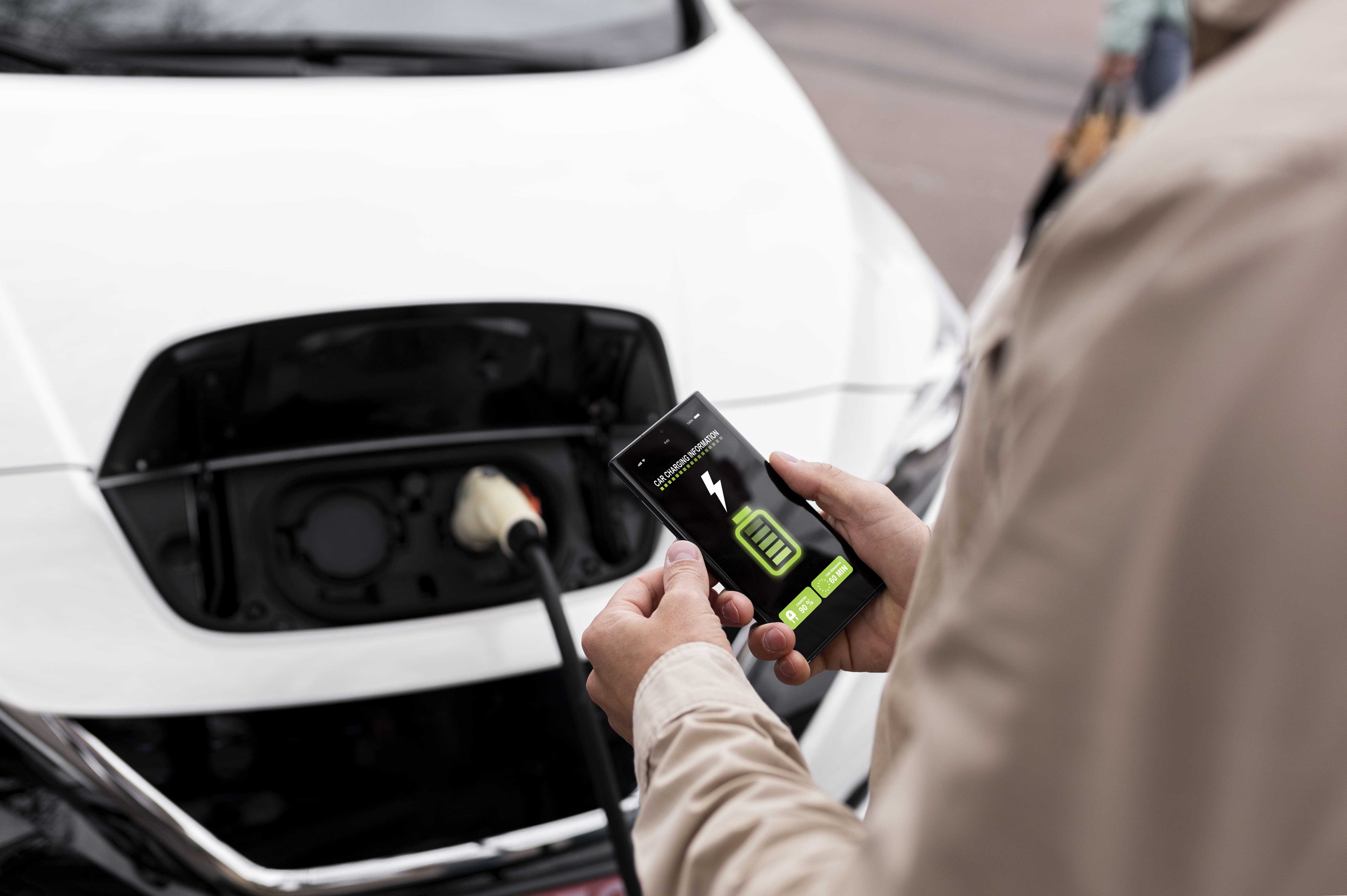Energy Efficiency of Electric Vehicles
Unravelling the energy-saving secrets that make electric vehicles sustainable and economical.
Remarkable energy efficiency is a key factor in driving the ongoing shift towards electric mobility. As electric vehicles (EVs) increasingly infiltrate our roads, their exceptional energy efficiency has wide-reaching implications for both individuals and the planet. This shift is not just a trend but a significant leap towards a cleaner, greener, and economically sensible future.

1. Energy Conversion:
One of the primary reasons for the exceptional efficiency of EVs is the direct conversion of electrical energy into motion. Unlike internal combustion engines, which rely on burning fuel to generate power, electric vehicles use electricity to turn the wheels. This conversion process is highly efficient, typically exceeding 85%, compared to the lower efficiency of traditional combustion engines, which can fall below 30%.
2. Regenerative Braking:
Electric vehicles employ regenerative braking systems that further enhance their energy efficiency. When you lift your foot off the accelerator, these systems capture and store the kinetic energy that would be wasted as heat in a traditional vehicle's braking system. This energy is then used to recharge the EV's battery, effectively recycling energy that would otherwise be lost.
3. Energy Management:
Advanced energy management systems in EVs ensure that energy is used optimally. For example, electric vehicles can efficiently distribute power to the wheels based on driving conditions, minimising energy wastage.
4. Aerodynamics:
Many electric vehicle designs prioritise aerodynamics, reducing the drag coefficient to enhance efficiency. Streamlined shapes and careful design contribute to lower energy consumption at higher speeds.
5. Weight Reduction:
EVs often use lightweight materials, which can contribute to improved energy efficiency. Less weight means less energy is required to move the vehicle, increasing its overall range.
6. Efficient Accessories:
EVs are equipped with energy-efficient accessories such as LED lighting, efficient climate control systems, and low-power electronics, all of which help conserve energy and extend the vehicle's range.
7. Battery Technology:
Advances in battery technology continue to boost the energy density and efficiency of electric vehicle batteries. Lithium-ion batteries, for example, are becoming more efficient, allowing for greater energy storage and longer driving ranges.
In conclusion, the energy efficiency of electric vehicles is a key driver behind their increasing adoption. Not only do they reduce our reliance on fossil fuels and lower greenhouse gas emissions, but they also offer significant economic benefits through reduced energy costs. As technology continues to advance, we can expect even greater strides in the energy efficiency of EVs, making them an increasingly attractive and sustainable mode of transportation.
